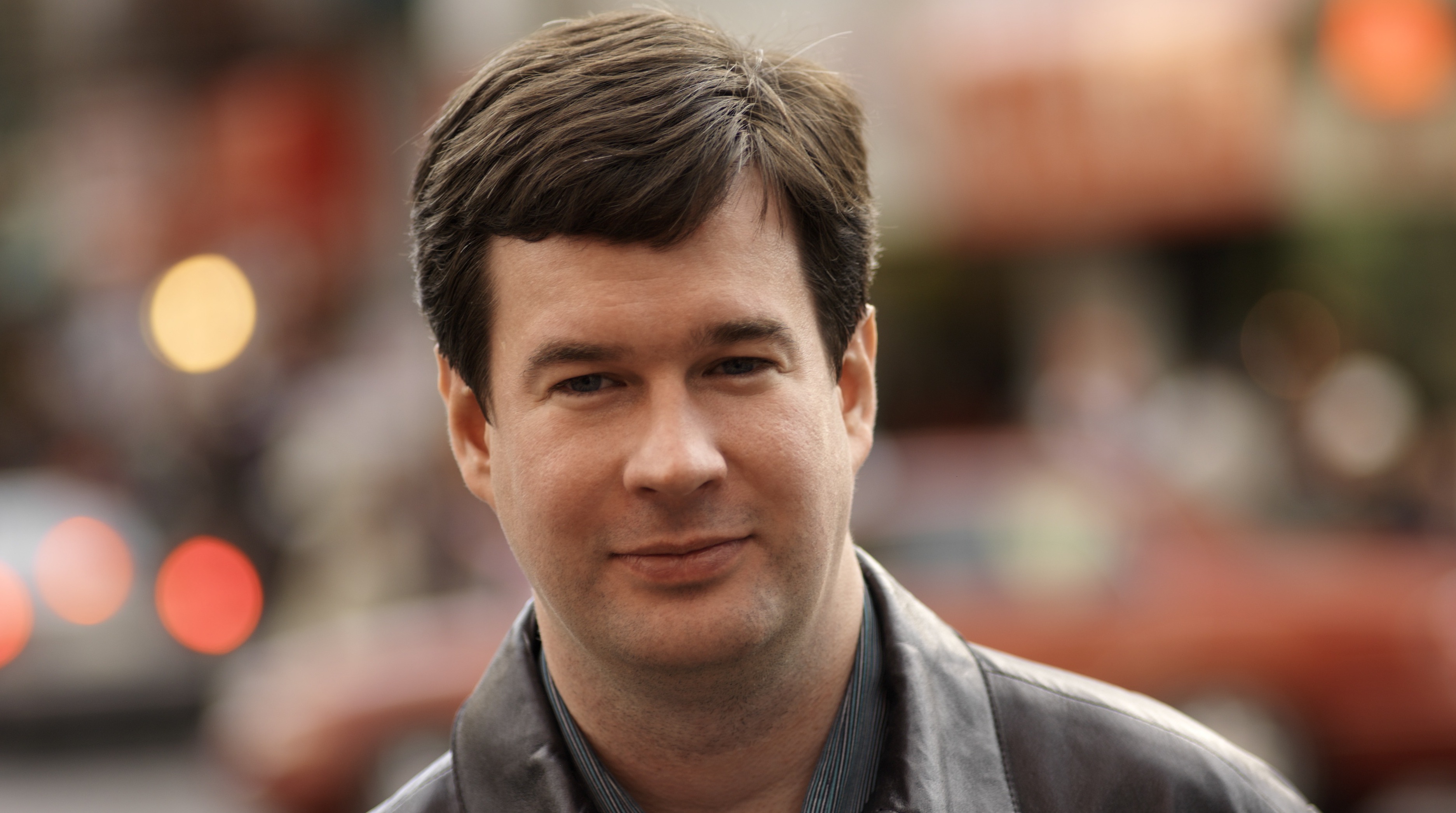Matthew Polly is an award-winning travel writer for Slate. His first book, American Shaolin: Flying Kicks, Buddhist Monks, and the Legend of Iron Crotch; An Odyssey in the New China, was published in February of 2007. A Princeton University graduate and Rhodes Scholar, his work has appeared in Esquire, Playboy, and The Nation. He grew up in Kansas and lives in New York City.
How did you get started traveling?
My family used to take one big trip a year. It usually involved a great deal of shouting. Being a masochist, I must have found that attractive.
How did you get started writing?
I always wanted to be a writer, but it seemed like an impractical desire for a kid growing up in Kansas. It wasn’t until I got to college and started taking creative writing courses that I had the inkling it was possible as a career.
What do you consider your first “break” as a writer?
I wrote a travel piece for Slate about the Shaolin Temple in China, and it helped land me a book deal.
As a traveler and fact/story gatherer, what is your biggest challenge on the road?
Jet lag mixed with alcohol poisoning. Language barriers also suck.
What is your biggest challenge in the research and writing process?
Having enough time to do both properly. I’m a slow reader and writer.
What is your biggest challenge from a business standpoint? Editors? Finances? Promotion?
Finances by far. It’s not a lucrative vocation. You have to get lucky and find a story that you can sell in a different format. In that way, I think of travel writing as a kind of literary treasure hunt.
Have you ever done other work to make ends meet?
I started off as an editor in Manhattan before switching over to the writing side. More meaningful, less benefits.
What travel authors or books might you recommend and/or have influenced you?
I’m a devotee of P.J. O’Rourke. As for other funny travel writers, Bill Bryson is charming, AA Gill is brilliant, and J. Marteen Troost is hilarious.
What advice and/or warnings would you give to someone who is considering going into travel writing?
In the old days, travel was difficult and various societies, having little contact with each other, were very distinct. As a result, travel writers didn’t have to be very good; they just had to survive. Nowadays, it’s the flair or personality a travel writer brings to a story that matters most. Otherwise, why not just watch the Travel or Discovery Channel?
What is the biggest reward of life as a travel writer?
You have the best stories at cocktail parties.

